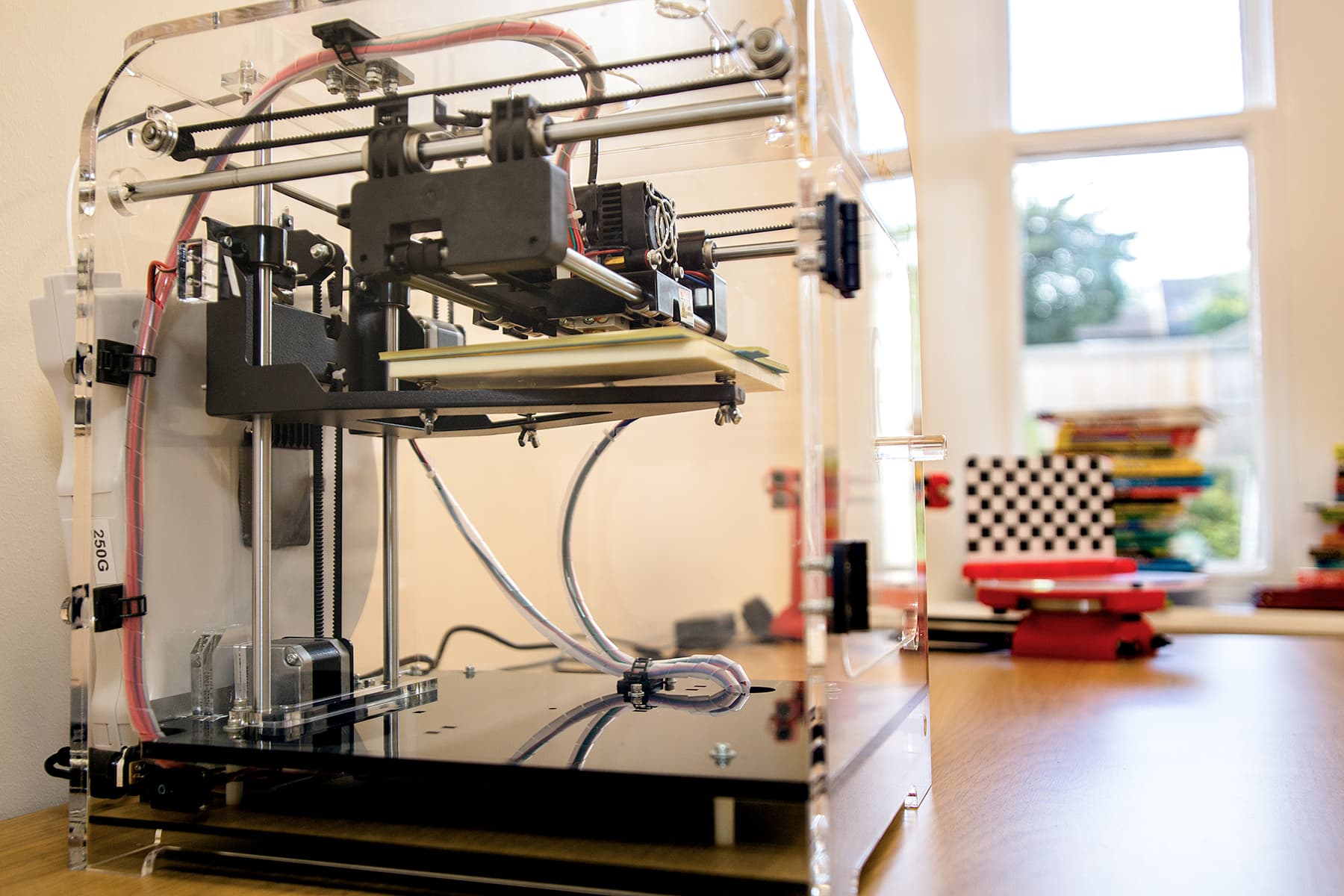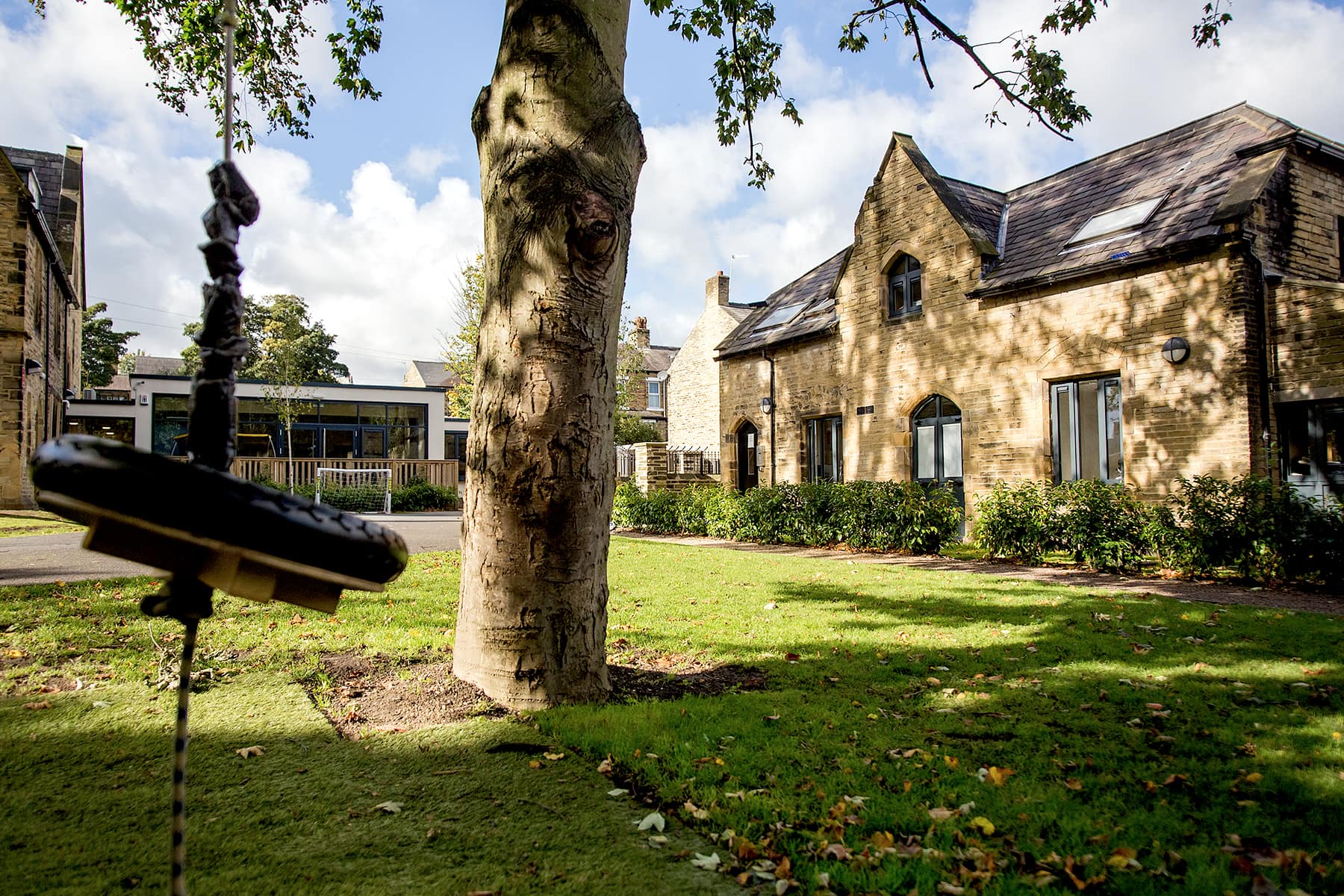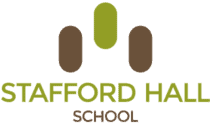Our Curriculum
We offer a broad and balanced curriculum individually tailored to the needs of the young person.
Our ambitious curriculum
Stafford Hall School’s creative, skills-based curriculum has many enrichment opportunities to encourage talents and interests benefiting all those who attend to enhance their learning. We aim to make the school’s curriculum broad and balanced, bespoke to meet the needs of individual students.
National Curriculum
Where possible our subject specific curriculum follows the National Curriculum to ensure students receive a consistent education, especially for those who may only be with us on short term placements.
Accreditation is offered alongside all programmes of study including:
- Mathematics Open Award: Entry Level, Functional Skills Level 1/2
- English Open Award: Entry Level, Functional Skills Level 1/2
- Science AQA: Entry Level 1/2/3
- Vocational qualifications through ASDAN
- AQA Unit Awards
- Duke of Edinburgh bronze award
- Sport and Fitness: opportunities to develop attributes such as resilience, confidence, commitment, drive, self-awareness, empathy, team working and problem-solving through an enrichment programme of swimming, indoor trampolining, indoor climbing and tennis
Engagement Model
For our students who are currently unable to access subject specific learning, Stafford Hall follows the Engagement Model, with learning based around exploration, realisation, anticipation, persistence and initiation. With a curriculum designed around 3 distinct phases, with sequential learning goals, the outcome of our engagement curriculum is to develop the skills needed to reach Pre-Key Stage Standard 1. At this point students transfer on to our subject specific curriculum. This model allows for students to develop their natural inquisition and understanding of the world while developing the key skills needed to access formal education.
Four guiding principles shape practice in the school’s Nurture Curriculum. These are every young person:
- Is a unique individual, who is constantly learning and can be resilient, capable, confident and self-assured.
- Can learn to be strong and independent through positive relationships;.
- Can learn and develop well in enabling environments with teaching and support from adults, who respond to their individual interests and needs and help them to build their learning over time. Young people benefit from a strong partnership between practitioners and parents and/or carers.
- Develops and learn at different rates.
Reading and Writing, including Phonics
As reading is the key that unlocks the whole curriculum so the ability to efficiently decode is essential. Stafford Hall School specialises in developing reading skills using our reading programme ‘That Reading Thing’.
TRT was created for teenagers reading below chronological age, who may have struggled with systematic synthetic phonics teaching during primary education. Students work from sound to print using age-appropriate vocabulary and authentic reading material. The method is rooted in linguistic phonics but has grown its own way of working with older learners for the fastest possible result
Life Skills
Life skills is deemed essential for preparing young people for adulthood so that they may make the best of opportunities to live a fulfilling life. The life skills curriculum at Stafford Hall School is embedded into personal development and reinforces constructive support and guidance given by support staff, parents/carers. Where necessary discrete lessons are taught for real life purposes and then put into practice, for example, building skills to become an independent learner so that young people can access the local library, community events or interests.
Based on the Preparing for Adulthood framework, the Life Skills programme at Stafford House School aims to cover three main areas: Independence, Learning to Live in the Community and Good Health. The curriculum offers young people practical, real-life experiences in everyday context. Life skills is woven within the school environment and transcends all activities, behaviours and attitudes within the school.
Links are constantly made between school and home to highlight how skills and knowledge can be transferred from one area to another. For example, learning about eating healthy at school is linked to real life experiences of preparing a healthy meal in the home incorporating budgeting for nutritional cooking and basic food hygiene. Young people are constantly encouraged to reflect and reason on areas of learning and the skills needed to complete a task. This enables a better understanding of transferable skills which can be used in other areas of their lives.
At all times at Stafford Hall School, all young people are supported to make the best choices to enable independence and learning with an increased social understanding about adulthood. This is to ensure they are all able to make the most of their life and transition into adulthood well equipped with the necessary skills, confidently, securely and happily.




